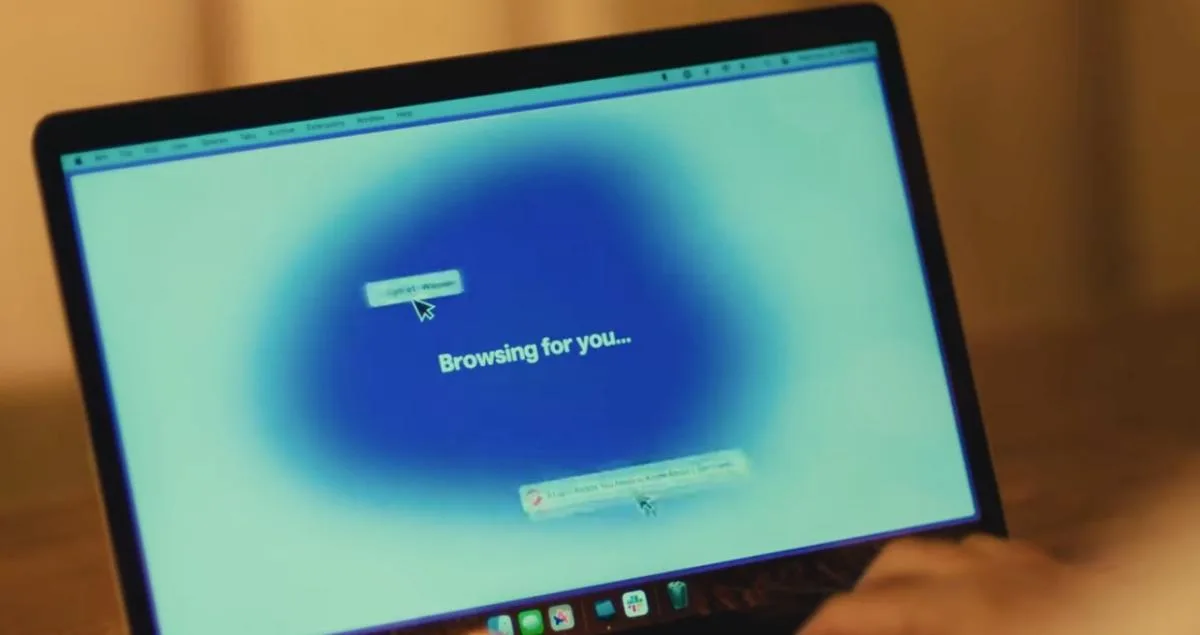Earlier this week, the team behind the Arc browser for Mac (and recently Windows) released a brand new iPhone app called Arc Search. As you would expect, it's infused with AI to provide an experience where the app “navigates for you”, bringing together various sources of information from around the internet to create a personalized web page to answer any questions you ask him. This is just part of what The Browser Company is calling Arc Act 2, and the company has given details on three other major new features it will bring to the browser over the coming weeks and months. come.
The connective tissue of all these updates is that Arc is trying to blur the lines between a browser, a search engine, and a website – the company wants to combine them all to make the Internet a little more useful to end users. In a promotional video released today, various people from The Browser Company excitedly discuss a browser that can do the browsing for you (an admittedly practical idea).
The Arc Search app showed off one implementation of this idea, and the next one is a feature arriving today called Instant Links. When you search for something, pressing Shift and Enter will tell Arc to automatically search and open the first result. This won't have a 100 percent success rate, but there are certainly times when it comes in handy. One example Arc showed was searching for “True Detective Season 4 Trailer” – pressing Shift+Enter automatically opened the YouTube trailer in a new tab and started playing it.
You can also easily get multiple results with this tool. I told him to “show me a folder of five different soup recipes” and Arc created a folder with five different tabs for me to look at. I also asked for the forecasts for Rome, Paris and Athens and got three pages with details for each city. It's convenient, but I can't wait for Arc to give it more intelligence than just extracting the “best” search result. (Note: After testing this feature, my browser sidebar is full of all kinds of nonsense. I'm glad Arc automatically closes things every day so I don't have to deal with the problem.)
In a similar vein, the upcoming Live Folders feature will collect updates from sites you want to follow, like a sort of RSS feed. The idea is to anticipate which sites someone will navigate to and bring the updated results into that folder. One example involved being marked in items on GitHub: each time this happened, a tab was added to the folder with the new item. The demo for this feature was brief, but it should be available in beta on February 15 for further testing.
From the video, I got the impression that developers should allow their sites to be updated via Live Folders. So it doesn't seem like you can just add whatever you want and expect it to work. In this way, it reminds me of some of Arc's other features, like the one that lets you hover over a Gmail or Google Calendar tab to get a preview of your most recent messages or your next appointment. Hopefully it will have the smarts to do things like drop new posts from your favorite site into the folder or open a new video from a YouTube channel you're subscribed to, but we'll have to wait for the know. (I've also reached out to Arc for more details on how this might work and will update this story if I hear back.)
Finally, the last novelty here is also the most ambitious, and the one which best embodies this “navigator who navigates for you” atmosphere. Arc Explore, which the company says should be ready for testing in the coming months, uses LLMs to try to bring together the browser, search engine and site into a single experience. In practice, this looks like what Arc is already doing with its new browser, but more advanced. One example the company gave involved making a reservation at a restaurant – starting with a reservation request at one of two different restaurants, the Arc Explore interface brought up a bunch of details about each location as well as direct links to Resy pages to reserve a table for two people exactly at the specified time.
Another demo showed how using Arc Explore can be better than just searching and clicking on results. It was soup-centric, as all good demos do. Having Arc Explore show details about a certain type of soup immediately provided details such as ingredient lists, direct recipe steps, and of course related videos. Compared to the difficulty of navigating numerous sites loaded with auto-playing ads, videos, unrelated text, and more distractions, the Arc Explore experience seems pretty serene. Of course, that's only when it returns the results you're interested in. But with an LLM, you can converse with Arc to get closer to what you're looking for.
After using Arc Search on my iPhone, I can understand what The Browser Company is offering here – at the same time, however, breaking my old habits when it comes to internet browsing is no easy feat. That means these tools will have to work pretty well when they launch if they're going to supplant the years I spent putting things in a Google box and finding the results I want. But that sums up the entire philosophy and objective of Arc: to shake up these habits to offer a better browsing experience. Not all of these experiments will last, and others will probably undergo many changes from these initial ideas, but I'm really interested to see how things evolve from here.

